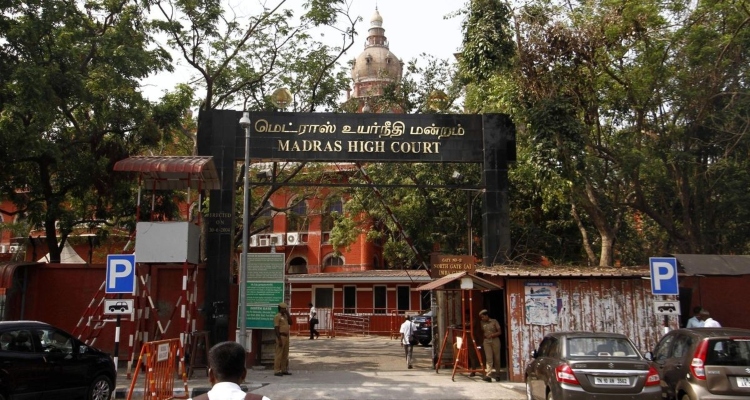
The Madurai Bench of the Madras High Court has quashed a punishment order issued by the police commissioner against a Muslim police constable.
The court stated that the duty of upholding discipline within the police department does not justify punishing employees from minority communities, particularly Muslims, for maintaining a beard.
The officer, G Abdul Khadar Ibrahim, had his increment reduced by two years as punishment for maintaining a beard. A single bench of Justice L Victoria Gowri, while hearing Ibrahim’s petition, noted that as a Muslim, he maintained a beard in accordance with his faith and had been serving as a Grade I police constable since 2019.
Ibrahim had applied for 31 days of leave from November 9, 2018, to December 9, 2018, for a religious pilgrimage to Mecca and Madina.
Upon his return, he sought an extension of his leave, submitting a medical certificate due to an infection in his left leg. However, when he met with the assistant commissioner of police, instead of being granted leave, he was questioned about his appearance and beard. Consequently, the deputy commissioner of police (Armed Reserve) issued a charge memo in 2019, accusing him of failing to report for duty after his 31-day leave and taking medical leave from December 10 to 30, 2018, and for maintaining a beard contrary to the Madras Police Gazette regulations.
An enquiry was conducted, but the enquiry officer mechanically concluded that the charges were proved. As a result, the officer ordered a stoppage of Ibrahim’s increment for three years, which was later reduced to two.
In quashing the punishment, the court noted that regulations permit Muslims to maintain trim and tidy beards even while on duty. It emphasized that “India’s beauty and uniqueness lie in the diversity of its citizens’ beliefs.”
Regarding the charge memo, the court pointed out that the petitioner had sought medical leave due to an infection after returning from a long leave, which the police authorities should have granted.
The court expressed shock and remanded the matter back to the commissioner, directing the commissioner to issue appropriate orders.




